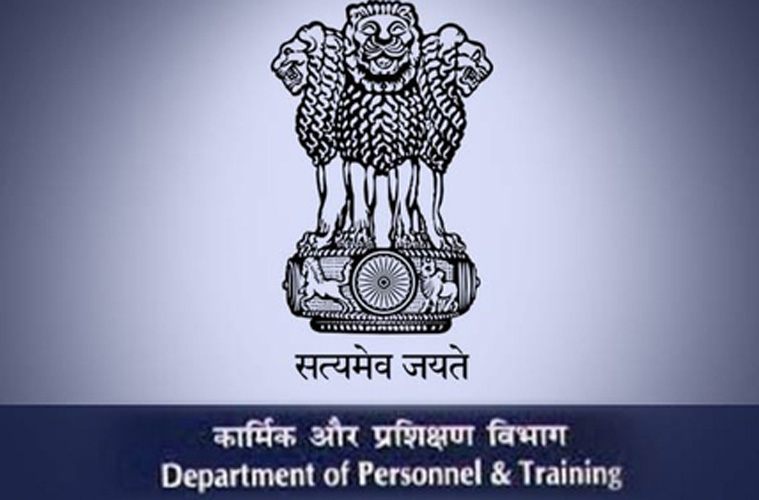Stay updated with the latest - Click here to follow us on Instagram
To ensure continuity, Modi govt asks officers to leave ‘note for successor’
The Central Government wants all its officers to cultivate the habit of leaving behind a “note for the successor” when they move out.
 “Knowledge continuity in wake of employee transition needs to be recognized as a key challenge, more so in the government where rule based Personnel policies mandate a fixed tenure.” (Source: DoPT)
“Knowledge continuity in wake of employee transition needs to be recognized as a key challenge, more so in the government where rule based Personnel policies mandate a fixed tenure.” (Source: DoPT)
To ensure that knowledge acquired by an official while discharging his duties doesn’t get lost once he leaves his office and that the successor doesn’t waste too much time in learning the ropes, the Central Government now wants all its officers to cultivate the habit of
The idea — of reinstitutionalising the practice of leaving a note for the successor — was talked about by Prime Minister Narendra Modi during the presentation made by Ministry of Personnel, Public Grievances & Pensions on June 12.
Acknowledging that all employees have invaluable knowledge of their areas of responsibility, which may be much more nuanced and integrated than the hard information available in files, notesheets, correspondence, documents and electronic datatbases, the government has underlined that “such innate knowledge is at risk of getting lost when the incumbent leaves the seat — gets transferred or demits office”.
“New employee will take time to understand issues of current importance, appreciate urgency of actionable points, recognize strengths and weakness of different subordinates for suitable work allocation, and comprehend critical issues by trial and error. This time spent in negotiating the way in new environment, spent in trial and error, may turn out to be the critical difference between success and failure of unit, the department or even the organization,” the Department of Personnel and Training (DoPT) has stated.
To tackle this, the government has said that “knowledge continuity in wake of employee transition needs to be recognized as a key challenge, more so in the government where rule based Personnel policies mandate a fixed tenure”.
Also, the problem of knowledge continuity can be significantly tackled if incumbent employee, with overall goal of success of the organization in mind, considers the successor as part of same team and transfers the knowledge that he/she considers critical, the DoPT has stated. “Such knowledge transfer can be by personal interaction and briefing. However, written notes for the successor serve the purpose more effectively and also help build institutional memory in government, though this practice used to be in vogue, of late it is becoming rare,” the DoPT has observed.







